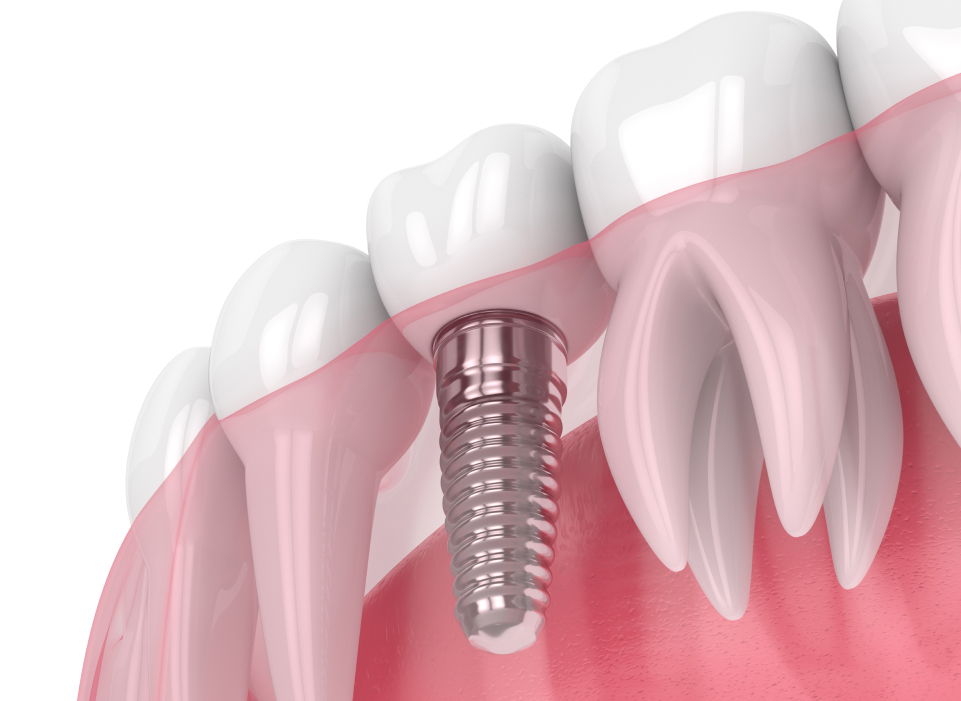Dental implants offer a reliable, long-term solution for missing teeth, restoring both function and appearance. One of the most common concerns among patients is how long it takes to return to a normal diet after the procedure. Understanding the stages of healing and what to eat during each phase can make your recovery smoother and more comfortable.
Eating After Dental Implants: What to Expect:
When you receive Dental implants (زراعة الأسنان) , your mouth undergoes a surgical procedure that involves placing a titanium post into the jawbone. The area needs time to heal and integrate with the bone, a process called osseointegration. This healing phase directly impacts your ability to resume a normal diet.
The First 24 to 48 Hours:
Immediately after surgery, your mouth will be sensitive, and there may be some swelling or mild bleeding. During this period, you should stick to a liquid or very soft diet to avoid disturbing the implant site.
Recommended foods:
- Smoothies
- Yogurt
- Broths
- Mashed potatoes
- Applesauce
Avoid hot, spicy, or crunchy foods, and do not use straws, as suction can disrupt clot formation and healing.
The First Week Post-Surgery:
During the first week, the soft tissue around the implant site begins to heal. It’s important to continue eating soft foods that require minimal chewing.
Safe choices include:
- Scrambled eggs
- Soft pasta
- Steamed vegetables
- Oatmeal
Chew on the opposite side of the implant site if possible. Keep up with your oral hygiene while being gentle around the surgical area.
Two to Four Weeks After Surgery:
By this point, you may begin to feel more comfortable, but your implant is still healing beneath the gums. Gradually reintroducing firmer foods is possible, but you should avoid anything that puts direct pressure on the implant.
Introduce with caution:
- Baked fish
- Soft chicken
- Cooked grains
- Pancakes
If you experience discomfort when chewing, return to softer options and wait a few more days before trying again.
When Can You Eat Normally?
Most people can return to their normal diet within six to eight weeks, depending on their healing progress and the complexity of the implant procedure. Complete healing and osseointegration can take three to six months, but everyday eating typically resumes earlier.
If you received same-day dental implants with temporary crowns, you may be advised to follow a soft diet for a longer period to protect the implant until the final restoration is placed.
Tips for a Safe and Smooth Eating Transition:
- Cut food into small, manageable pieces
- Chew slowly and carefully
- Drink plenty of water
- Avoid sticky, hard, or chewy foods
- Follow your treatment plan for optimal healing
Maintaining a balanced diet rich in vitamins and minerals will also support the healing process and overall oral health.
Frequently Asked Questions:
Can I drink coffee after dental implant surgery?
It’s best to avoid hot beverages like coffee for the first 24 hours. After that, you can enjoy it in moderation as long as it doesn’t irritate the surgical area.
What if I accidentally chew on the implant site?
Occasional light pressure is unlikely to cause problems, but if you experience pain or swelling, contact your provider for guidance.
Is it okay to eat spicy food?
Spicy foods should be avoided during the first week to prevent irritation.
When can I eat crunchy or hard foods?
Wait at least six to eight weeks or until you are advised that your implant has stabilized.
Can I eat out at restaurants after implant surgery?
Yes, but choose soft dishes and eat slowly. It’s best to wait a few days before dining out to ensure you’re comfortable.
Conclusion:
Getting Dental implants (زراعة الأسنان) s a transformative step toward better oral health and confidence. While the recovery process includes dietary adjustments, most patients in Dubai find they can return to normal eating habits within a few weeks. Following recommended food guidelines and giving your body time to heal will help ensure the long-term success of your dental implants.



